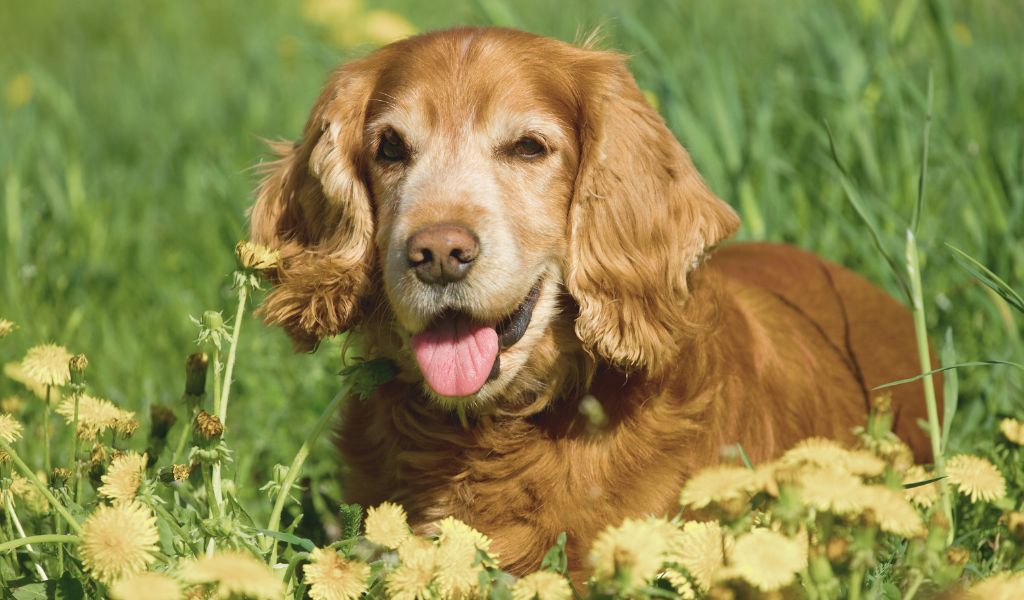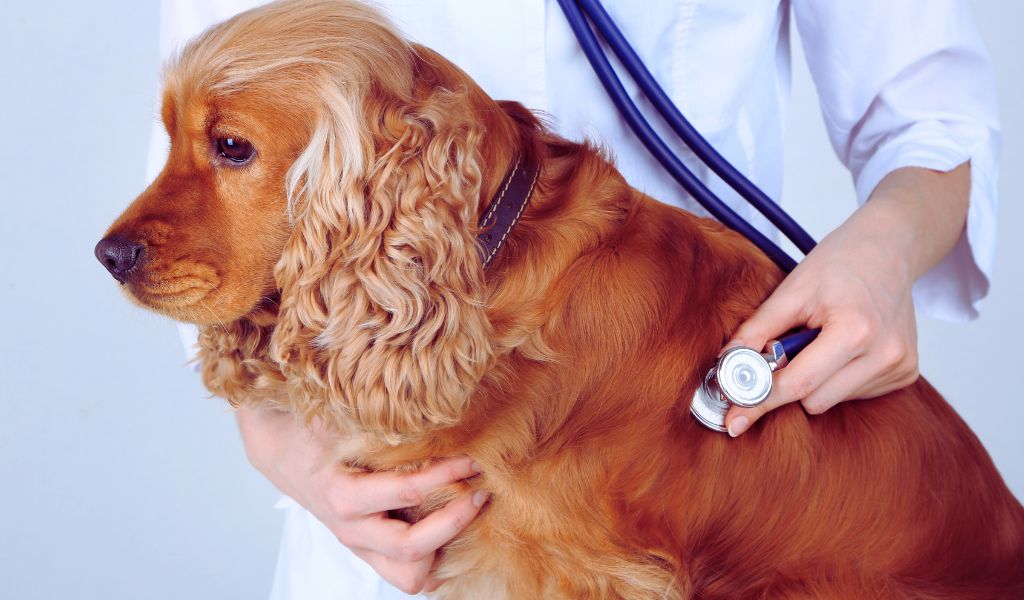Cocker spaniels are charming and affectionate dogs, often chosen for their playful nature and beautiful appearance.
However, like all breeds, they come with their own set of health challenges that can significantly impact their training and overall quality of life.
Understanding these health issues and how to adapt training methods accordingly is crucial for any Cocker spaniel owner.
Training Cocker spaniels with health conditions requires empathy, adaptability, and a commitment to their unique needs. By addressing their specific health issues and adjusting your training approach accordingly, you can ensure a positive training experience that prioritizes their comfort and well-being
Health Issues Affecting Cocker Spaniels
Common Conditions
- Ear Infections: Due to their long ears, Cocker spaniels are prone to ear infections. Keep ears clean and dry, and avoid water-based training activities if your dog is susceptible.
- Eye Problems: Including Progressive Retinal Atrophy and cataracts. Adapt training to rely more on auditory cues if vision is impaired.
- Hip Dysplasia: A genetic condition leading to arthritis and mobility issues. Opt for gentle, low-impact exercises.
- Allergies and Skin Issues: Manifest as itchiness and skin infections. Be mindful of environmental allergens during training sessions.
- Heart Conditions: Some Cockers are prone to heart issues, which can limit their stamina. Keep training sessions short and less intense.

Additional Considerations for Older Dogs
As Cocker Spaniels age, they may develop conditions like arthritis, which can significantly impact their mobility and comfort.
Training an older Cocker Spaniel requires extra patience and understanding.
- Arthritis: This can lead to pain and stiffness, particularly in colder weather. Use supportive surfaces for training and avoid activities that involve jumping or sharp turns.
- Decreased Stamina: Older dogs tire more easily. Break training sessions into shorter, more manageable segments.
- Sensory Impairments: Diminished sight and hearing can affect an older dog’s ability to follow commands. Use clear, consistent signals that cater to their strongest senses.
Adapting Training for Health Issues
Tailored Exercise Regime
- Low-Impact Activities: Such as walking or swimming, are ideal for dogs with joint issues.
- Sensory Training: For dogs with impaired vision or hearing, emphasize the use of their stronger senses in training.
Supportive Training Environment
- Safe Surfaces: Use soft, non-slip surfaces for training to reduce the risk of injury, especially for dogs with joint issues.
- Controlled Climate: For dogs with thick coats or heart conditions, ensure the training area is cool and well-ventilated to prevent overheating.
Positive Reinforcement Techniques
- Rewards-Based Training: Utilize treats, praise, and toys to encourage and reinforce desired behaviours. This is especially effective for dogs with physical limitations or sensory impairments.
- Consistency and Patience: Maintain a consistent training routine and be patient, understanding that dogs with health issues may require more time to learn and respond.

Special Considerations for Older Cocker Spaniels
Older Cocker spaniels may face a range of age-related health issues that necessitate adjustments in training methods:
- Arthritis Management: Incorporate gentle stretching and massage into your routine to help alleviate stiffness and discomfort. Training should focus on maintaining mobility without overexertion.
- Cognitive Function: Keep older dogs mentally stimulated with training exercises that encourage thinking and problem-solving, which can help combat age-related cognitive decline.
- Regular Health Checks: Regular veterinary check-ups are essential to monitor any progression in health issues and adapt training methods accordingly.
Professional Guidance and Support
- Veterinary Consultation: Always consult with a veterinarian to understand the specific health needs of your Cocker spaniel and receive advice on appropriate training adaptations.
- Professional Dog Trainers: Consider working with trainers who have experience in dealing with dogs with specific health issues. They can offer valuable insights and tailored training plans.
Training a Cocker spaniel with health considerations is a journey that requires empathy, adaptability, and a commitment to understanding their unique needs.
By taking these health issues into account and adapting your training methods accordingly, you can ensure a fulfilling and enjoyable training experience for your Cocker spaniel.
Remember, the goal is to maintain your dog’s health and happiness while achieving training objectives.
Always prioritise their comfort and well-being in every aspect of their training and daily life.
FAQs
What are some common health conditions in Cocker spaniels that can affect training?
Common health conditions in Cocker spaniels that can impact training include ear infections, eye problems like Progressive Retinal Atrophy and cataracts, hip dysplasia, allergies leading to itchiness and skin infections, and heart issues affecting stamina.
How can I adapt training for a Cocker spaniel with hip dysplasia?
To accommodate a Cocker spaniel with hip dysplasia, opt for gentle, low-impact exercises like walking and swimming.
Avoid activities that involve jumping or sharp turns, and use supportive surfaces for training to minimize discomfort.
What adjustments should I make when training an older Cocker spaniel with arthritis?
When training an older Cocker spaniel with arthritis, incorporate gentle stretching and massage into the routine to alleviate stiffness.
Focus on maintaining mobility without overexertion, engage their cognitive function, and schedule regular veterinary check-ups to monitor their health.
How can I ensure the safety of my Cocker spaniel during training if they have sensory impairments?
If your Cocker spaniel has sensory impairments, use clear and consistent signals that cater to their strongest senses.
For example, rely more on auditory cues if their vision or hearing is impaired to ensure they understand and follow commands effectively.
Is professional guidance necessary when training a Cocker spaniel with health conditions?
Yes, it’s highly advisable to seek professional guidance when training a Cocker spaniel with health conditions.
Consult with a veterinarian to understand your dog’s specific needs, and consider working with trainers experienced in handling dogs with similar health issues.
They can provide valuable insights and tailored training plans to ensure your Cocker spaniel’s well-being and training success.




